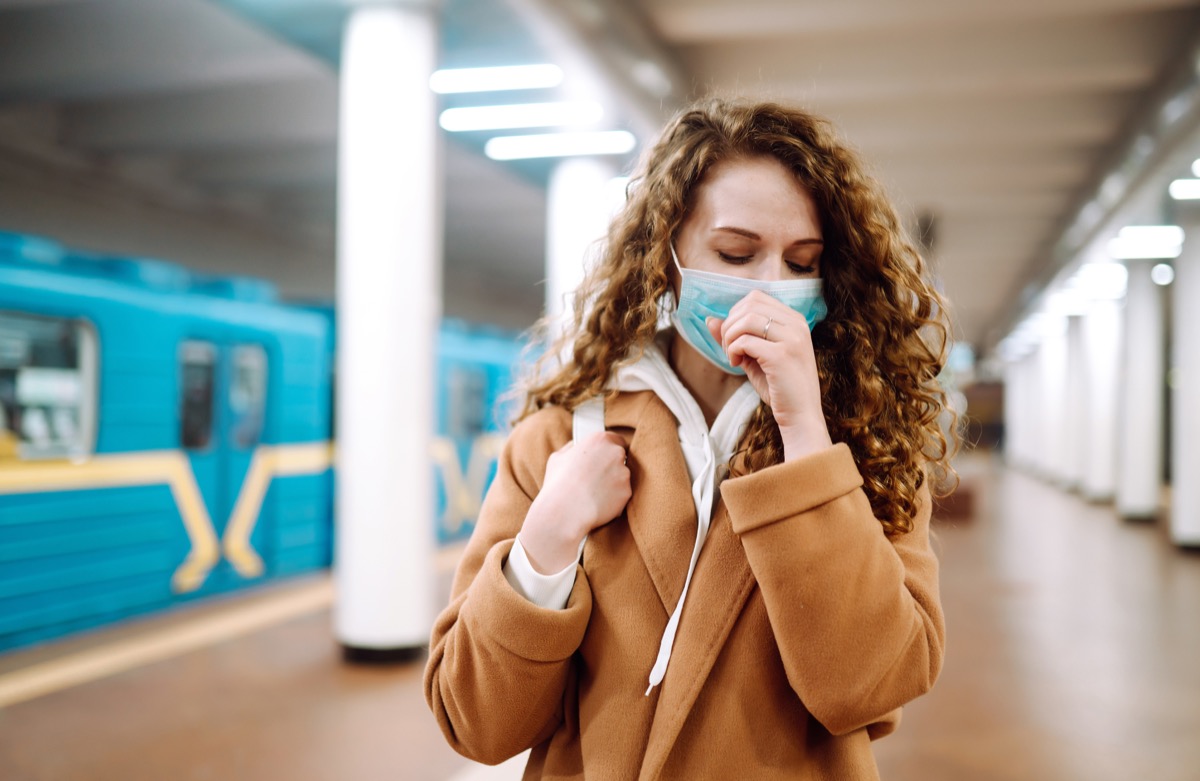Researchers examined the effectiveness of face masks in preventing respiratory particles from aerosolized. This study used manikins, which are models of humans used for medical purposes, which they outfitted to expel air and droplets at the estimated rate of actual human coughs and sneezes. When an umasked manikin expelled the equivalent of “a heavy cough,” respiratory droplets were able to travel up to 12 feet over a period of 50 seconds, which is twice the recommended six feet of social distance. Additionally, researchers found that the droplets “remained suspended midair for up to three minutes.” The length of time before they evaporate depends on several factors, including their size and the environment.ae0fcc31ae342fd3a1346ebb1f342fcb Due to both of these findings, authors of the research “suggest that current social-distancing guidelines may need to be updated to account for aerosol-based transmission of pathogens.” While droplets were able to travel as far as 12 feet without a mask inhibiting them, the distance droplets traveled plummeted significantly when the manikin was wearing a mask. RELATED: For more up-to-date information, sign up for our daily newsletter. A few different styles of masks were tested, and a “homemade stitched cotton mask” came out on top. With the cotton mask disrupting the cough, respiratory droplets “traveled only about 2.5 inches forward from the face.” Non-sterile disposable cone masks proved to be almost as effective, only allowing droplets to travel eight inches. Again, that’s a matter of mere inches compared to the 12 feet of an unimpeded cough. The results of this study highlight how impactful masks can be, even when the possible wearer believes that they’re a safe distance from other people. And for more health facts, This Is How Likely You Are to Get Coronavirus This Year, Doctor Says.
